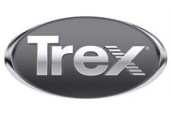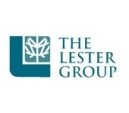That game is all about market dominance for some large builders. John Mangano, a vice president with Toll, says his company expects Landstar to increase “by half again” the number of lots it controls by the fall. Drees wants to double Harmony’s size by expanding its product offerings and increasing the pace of its land acquisition. As builders accelerate their growth patterns, they naturally favor suppliers that can keep pace with no excuses. Dealers, therefore, must be able to respond to builders’needs opportunistically, or risk getting bypassed.
Steve Rominger, president of Longwood, Fla.–based Prestige Lumber Supply, says dealers in his market have struggled to meet builders’ demand for millwork. So Prestige added 25,000 square feet to its warehouse (bringing its total to 68,000 square feet), and spent $268,000 for a more efficient door machine. In the past year, Raymond has set up three “satellite” door shops, through which Martin says the company can run 30 to 40 doors at a time “for quick response to emergency orders.”
Some dealers also have gained a competitive edge by providing builders with installed sales packages. Deerfield installs all of the windows and doors it sells, and Manning provides framing crews to some larger custom builders. But Martin claims that Raymond is still unique among most competitors because it installs windows, doors, gutters, and trim. “Supervision [of labor] is poor down here, and builders don’t want to deal with that. Everything revolves around turnkey.” Raymond is now contemplating an installation program for trusses, a product that generates $1 million in weekly sales for this seven-yard dealer.
As dealers in Florida and across the nation are finding out, delivering products efficiently is no longer enough to capture business from acquisition-minded builders that, in a growing number of cases, have evolved into land developers that seek out suppliers to which they can turn over more of their construction. Most builders, though, are also looking for the lowest-cost provider, and the starkest challenge facing dealers, in this era of consolidation, continues to be how they can keep their place in line and still make money. —John Caulfield is a contributing editor for PROSALES.



